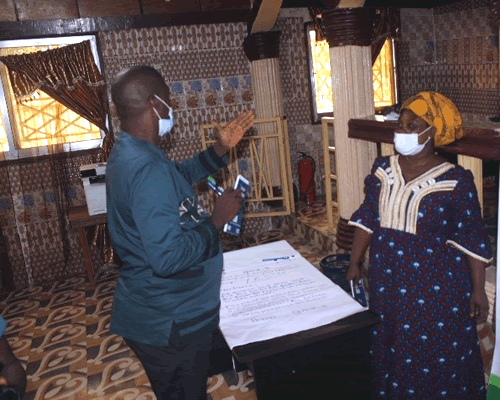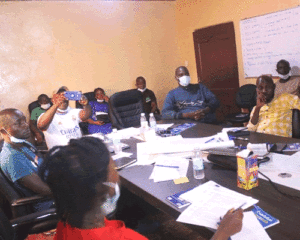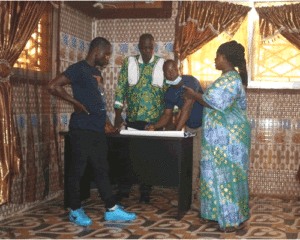The Southeast of Liberia is widely known for being underdeveloped. The socio-economic condition which characterizes the landscape places marginalized groups like women, children, unskilled youth, persons with disabilities, and migrants at a disadvantage. The current conditions of these marginalized groups are worsened by limited access to, and ownership of natural resources. As a result, it is essential that the project designs a context-based Gender Equality and Social Inclusion (GESI) plan to ensure that the project activities include the empowerment and the improvement of the social and economic conditions of these vulnerable groups.

To guarantee the integration of the GESI principles in the implementation of CASTRAP, the project engaged a GESI specialist to train the key stakeholders operating along the cassava value chain, including lead farmers, project technical and field officers, processors, and extension service providers, on the concepts and approaches of gender analysis and gender mainstreaming.


The training highlighted the differences in gender issues based on the social, economic and demographic characteristics in the South east of Liberia. There were also group discussions on issues pertaining to GESI as well as demonstrations on clarifying gender roles, and how these roles affect men and women in general. At the end of the two-day training, 5 field officers, 4 technical officers, 2 district agriculture officers (DAOs), 2 processors, and 2 lead farmers making a total of 16 people were trained.




